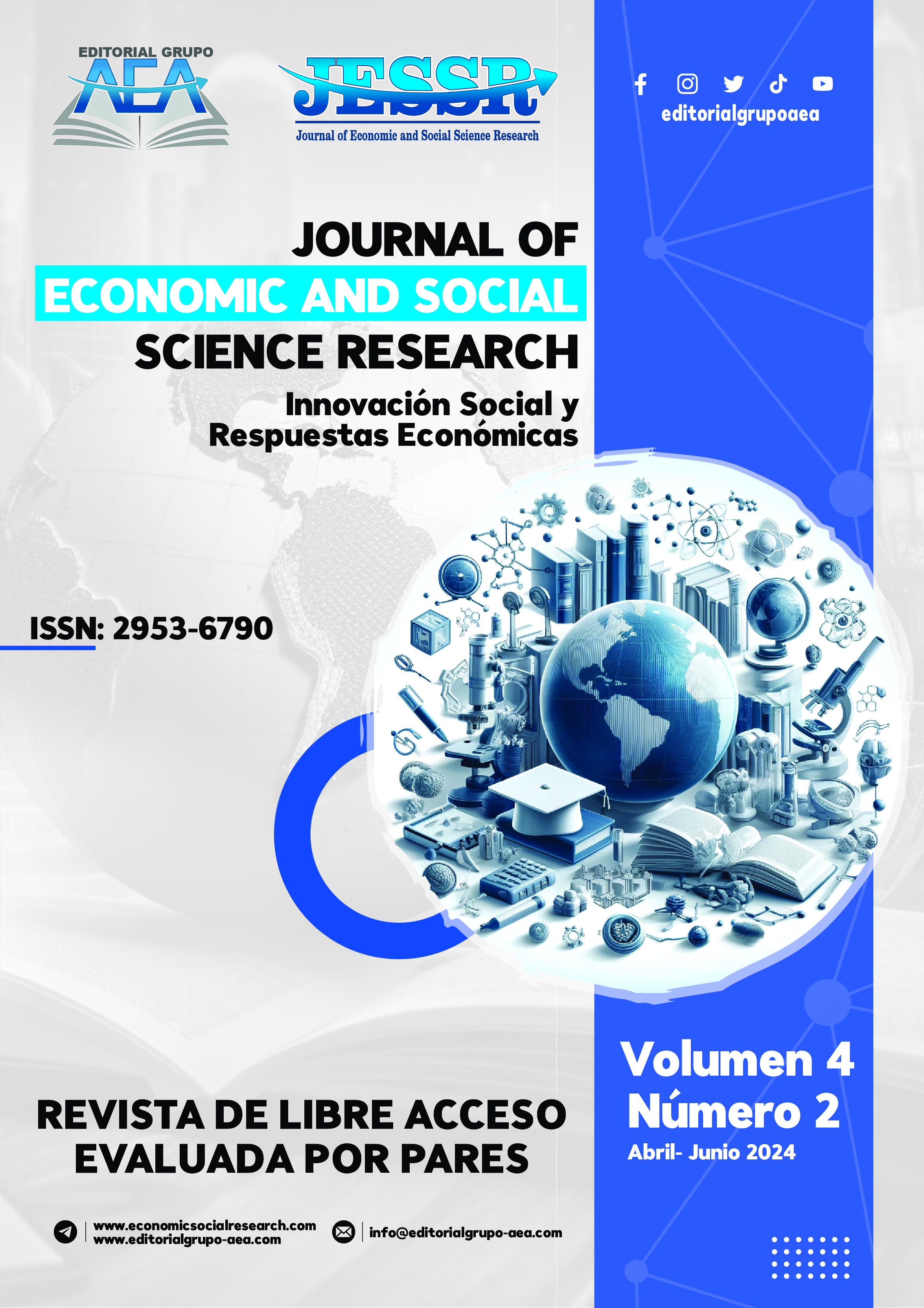Continuous Formative Assessment in the Teaching and Learning of Calculus: Improving Academic Achievement in Vocational Students
Main Article Content
Abstract
This study explores the impact of continuous formative assessment on the teaching of calculus in professional education, focusing on how student motivation and academic performance are related. Using a qualitative approach, groups of students undergoing formative assessments were compared with control groups, complemented by qualitative interviews with teachers to delve into implementation and perceptions of calculus teaching and learning. The findings revealed significant improvements in the motivation and academic performance of students exposed to formative assessment practices, highlighting the positive valuation of immediate and constructive feedback. These findings are discussed in accordance with related literature, highlighting the contribution of the study to educational practices in calculus and the importance of continuous teacher training to overcome the rejection of change. In conclusion, the study confirms the effectiveness of continuous formative assessment as a pedagogical and didactic tool to enrich calculus learning, emphasizing the need for pedagogical innovation and institutional commitment for its effective implementation. Formative assessment is proposed as a key to improve teaching and learning in calculus, preparing students for future academic and professional challenges.
Downloads
Article Details
Section

This work is licensed under a Creative Commons Attribution-NonCommercial 4.0 International License.
How to Cite
References
Allen, D. (2001). Getting Things Done: The Art of Stress-Free Productivity. Penguin Books.
Almarghani, E. M., & Mijatovic, I. (2017). Factors affecting the adoption of e-learning in higher education: a comparative study. Information & Learning Science, 118(5/6), 315-338.
Bates, A. W. (2015). Teaching in a Digital Age. BCcampus.
Bennett, R. E. (2011). Formative assessment: A critical review. Assessment in Education: Principles, Policy & Practice, 18(1), 5-25.
Black, P., & Wiliam, D. (1998). Assessment and classroom learning. Assessment in Education: Principles, Policy & Practice, 5(1), 7-74.
Boud, D., & Molloy, E. (2013). Feedback in higher and professional education: Understanding it and doing it well. London: Routledge.
Brown, S. (2011). Bringing about positive change in the higher education student experience: A case study. Quality Assurance in Education, 19(3), 195-207.
Carless, D., Salter, D., Yang, M., & Lam, J. (2011). Developing sustainable feedback practices. Studies in Higher Education, 36(4), 395-407.
Covey, S. R. (2004). The 7 Habits of Highly Effective People. Free Press.
Deci, E. L., Koestner, R., & Ryan, R. M. (1999). A meta-analytic review of experiments examining the effects of extrinsic rewards on intrinsic motivation. Psychological Bulletin, 125(6), 627-668.
Ertmer, P. A., & Ottenbreit-Leftwich, A. T. (2010). Teacher technology change: How knowledge, confidence, beliefs, and culture intersect. Journal of Research on Technology in Education, 42(3), 255-284.
Fonseca Castro, J. L., & Alfaro Carvajal, C. R. (2018). El cálculo diferencial e integral en una variable en la formación inicial de docentes de matemática en Costa Rica. Revista Educación, 289–305. https://doi.org/10.15517/revedu.v42i2.25844
Fullan, M. (2007). The new meaning of educational change (4th ed.). Teachers College Press.
García Suárez, J., Guzmán Martínez, M., & Monje Parrilla, F. J. (2023). Estudio descriptivo de la ansiedad matemática en estudiantes mexicanos de ingeniería. IE Revista de Investigación Educativa de la REDIECH, 14, e1619. https://doi.org/10.33010/ie_rie_rediech.v14i0.1619
Gibbs, G., & Simpson, C. (2004). Conditions under which assessment supports students’ learning. Learning and Teaching in Higher Education, 1, 3-31.
Gielen, S., Peeters, E., Dochy, F., Onghena, P., & Struyven, K. (2010). Improving the effectiveness of peer feedback for learning. Learning and Instruction, 20(4), 304-315.
Gikandi, J. W., Morrow, D., & Davis, N. E. (2011). Online formative assessment in higher education: A review of the literature. Computers & Education, 57(4), 2333-2351.
Guskey, T. R. (2002). Professional development and teacher change. Teachers and Teaching: theory and practice, 8(3), 381-391.
Hargreaves, A., & Fullan, M. (2012). Professional Capital: Transforming Teaching in Every School. Teachers College Press.
Hattie, J., & Timperley, H. (2007). The power of feedback. Review of Educational Research, 77(1), 81-112.
Houston, D., & Thompson, J. N. (2017). Developing an institutional framework to support e-assessment. Assessment & Evaluation in Higher Education, 42(5), 673-686.
King, F. (2015). Evaluating the impact of teacher professional development: An evidence-based framework. Professional Development in Education, 41(4), 639-657.
Lozano Villegas, G. (2019). Transformación digital y didáctica crítica: retos y barreras en la enseñanza del cálculo infinitesimal. Universidad Externado de Colombia. https://doi.org/10.57998/BDIGITAL.HANDLE.001.3769
Nicol, D. J., & Macfarlane-Dick, D. (2006). Formative assessment and self-regulated learning: A model and seven principles of good feedback practice. Studies in Higher Education, 31(2), 199-218.
Schön, D. A. (1983). The Reflective Practitioner: How Professionals Think In Action. Basic Books.
Shute, V. J. (2008). Focus on formative feedback. Review of Educational Research, 78(1), 153-189.
Smith, E., & Gorard, S. (2005). ‘They don’t give us our marks’: The role of formative feedback in student progress. Assessment in Education: Principles, Policy & Practice, 12(1), 21-38.
Topping, K. (1998). Peer assessment between students in colleges and universities. Review of Educational Research, 68(3), 249-276.
Weller, M. (2014). The battle for open: How openness won and why it doesn't feel like victory. Ubiquity Press.
Wenger, E. (1998). Communities of practice: Learning, meaning, and identity. Cambridge University Press.
Yungán-Cazar, J. C., Cáceres-Veintimilla, D. A., Merino-Villa, K. A., & Salazar-Álvarez, E. G. (Eds.). (2023). Estudio comparativo de conocimientos para determinar el rendimiento en matemática básica en la facultad de ciencias utilizando el algoritmo del Test de Scheffé (Vol. 8, Número 8). Polo de Capacitación, Investigación y Publicación. https://doi.org/10.23857/pc.v8i8





